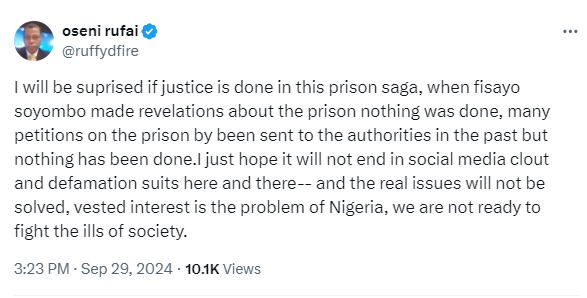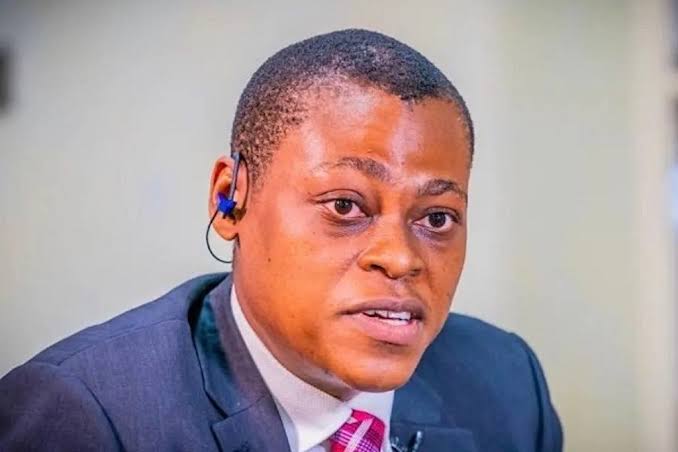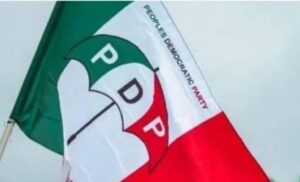Media personality Rufai Oseni has recently shared his concerns about the ongoing legal saga involving popular crossdresser Bobrisky. In a world where social media and public opinion can heavily influence the narrative, Oseni’s doubts about whether justice will prevail highlight the complexities surrounding this high-profile case.
The controversy surrounding Bobrisky intensified after social critic VeryDarkMan released an audio recording that alleged serious wrongdoing. According to the recording, Bobrisky reportedly paid N15 million to the Economic and Financial Crimes Commission (EFCC) to have money laundering charges against him dropped. This revelation has sparked outrage and questions about the integrity of the legal process.
Furthermore, the audio suggested that Bobrisky did not serve his sentence in a regular prison but instead enjoyed the comforts of a VIP facility after being sentenced to six months for abusing the naira. This claim has raised concerns about preferential treatment in Nigeria’s prison system and whether financial influence can alter the course of justice.
In response to these allegations, the House of Representatives took significant action. They summoned key figures involved in the case, including the EFCC Chairman, the Comptroller General of the Nigerian Correctional Service, Bobrisky, VeryDarkMan, and all officers involved in the prosecution. A letter dated September 27, 2024, requested the presence of EFCC Chairman Ola Olukayode and Correctional Service head Haliru Nababa, along with other relevant officers, to provide answers regarding the allegations.
This intervention by the House of Representatives indicates a serious concern about the transparency and fairness of the judicial process in this case. It also reflects a broader interest in ensuring accountability among public officials.
In a recent post on X (formerly Twitter), Rufai Oseni expressed his worries that the situation might devolve into social media theatrics and legal defamation suits rather than leading to meaningful justice. His commentary sheds light on a common sentiment among observers: that public figures often use social media to manipulate narratives rather than seek genuine resolutions.
Oseni’s remarks resonate with many who are following this case, as they highlight the potential pitfalls of allowing social media to shape the public’s perception of justice. There is a growing concern that the real issues might be overshadowed by sensationalism and drama rather than addressing the underlying legal and ethical questions.
The Bobrisky case raises important questions about the nature of justice in Nigeria. It highlights potential flaws in the legal system where money and influence could dictate outcomes. The involvement of high-profile personalities and the swift action from legislative bodies also reflect the public’s growing impatience with corruption and injustice.
As the situation unfolds, many are left wondering whether true accountability will emerge from this saga or if it will simply become another chapter in the ongoing narrative of celebrity culture and legal controversies in Nigeria.
The Bobrisky prison saga has captivated public attention and sparked critical discussions about justice and accountability in Nigeria. With Rufai Oseni’s doubts about the outcome, many are watching closely to see if this case will lead to genuine reform or if it will ultimately fall victim to the same social media clout and sensationalism that often characterize high-profile cases. The coming days will be crucial as more information emerges, and key figures are called to testify. The hope is that this situation can shine a light on the necessary changes needed in the legal system, ensuring that justice is served fairly for all.
‘’I will be suprised if justice is done in this prison saga, when fisayo soyombo made revelations about the prison nothing was done, many petitions on the prison by been sent to the authorities in the past but nothing has been done.I just hope it will not end in social media clout and defamation suits here and there– and the real issues will not be solved, vested interest is the problem of Nigeria, we are not ready to fight the ills of society.”








